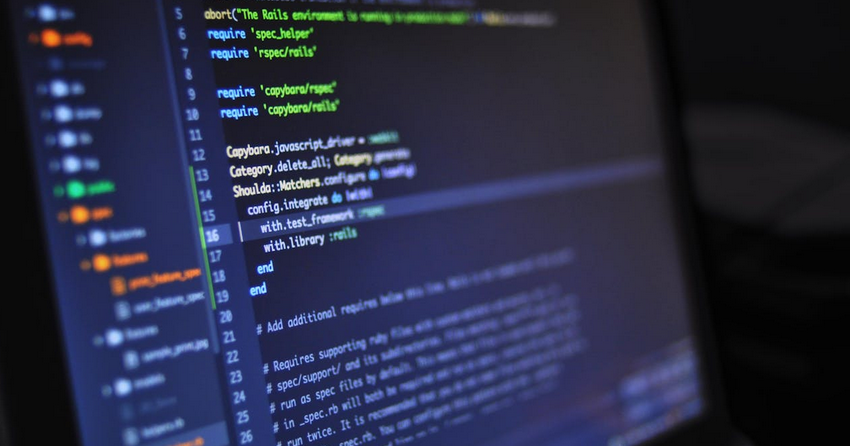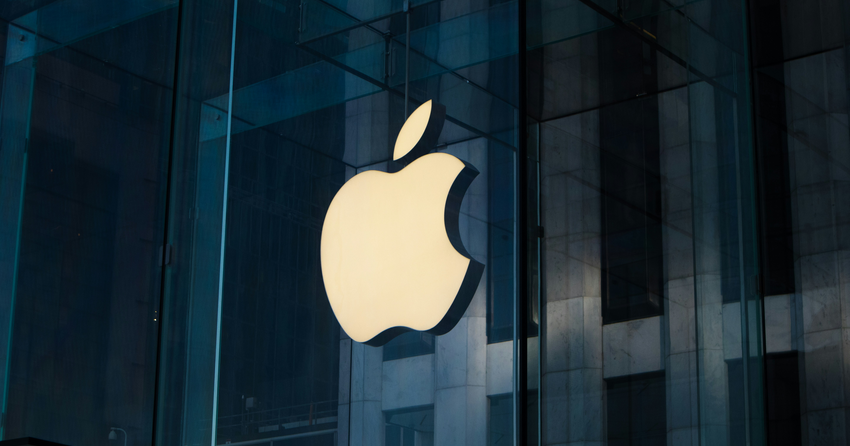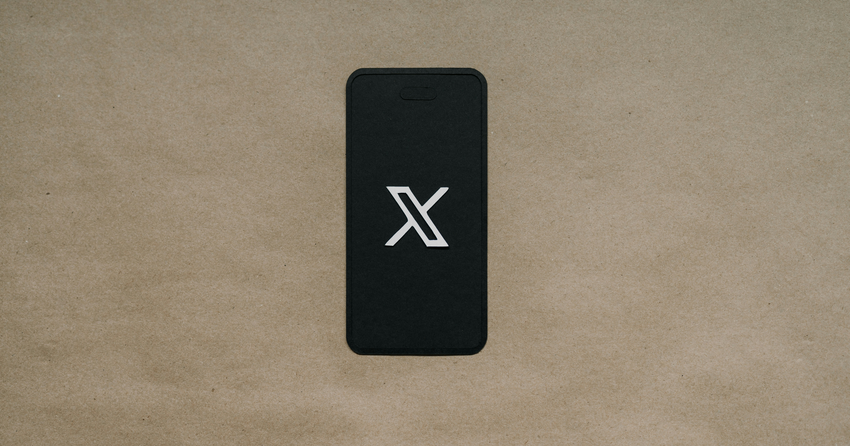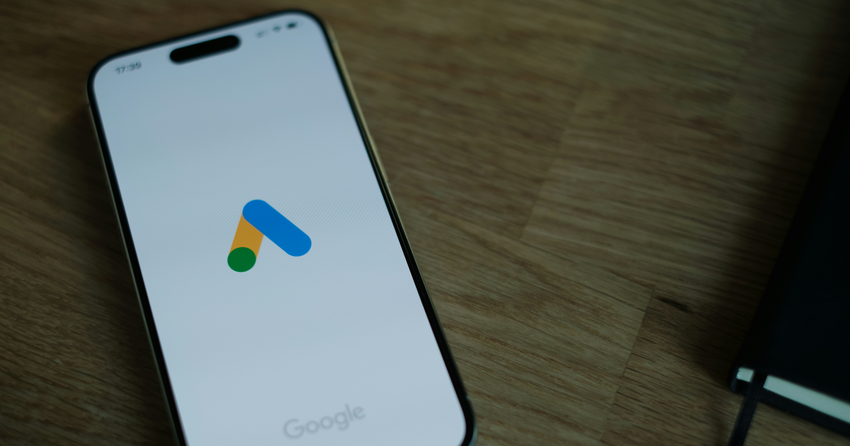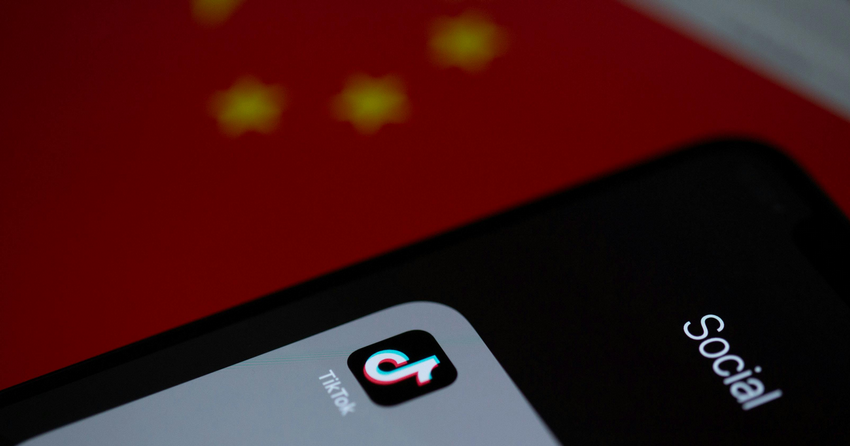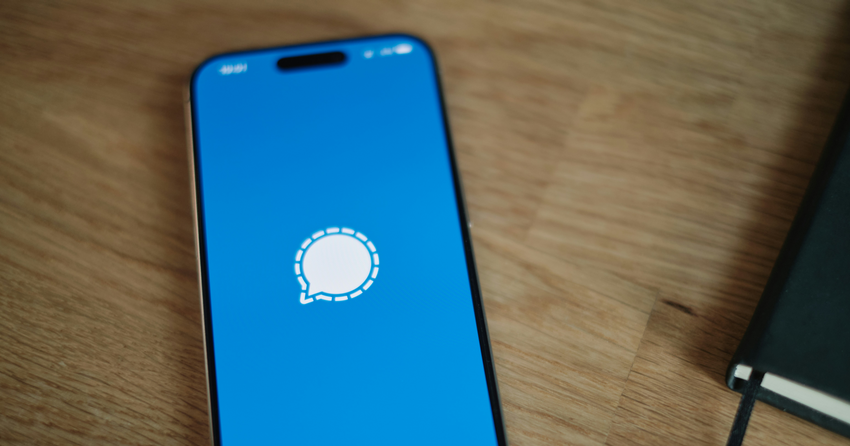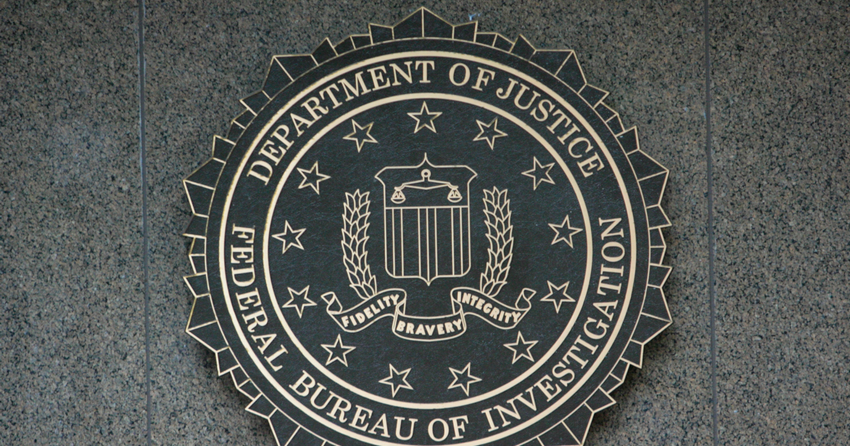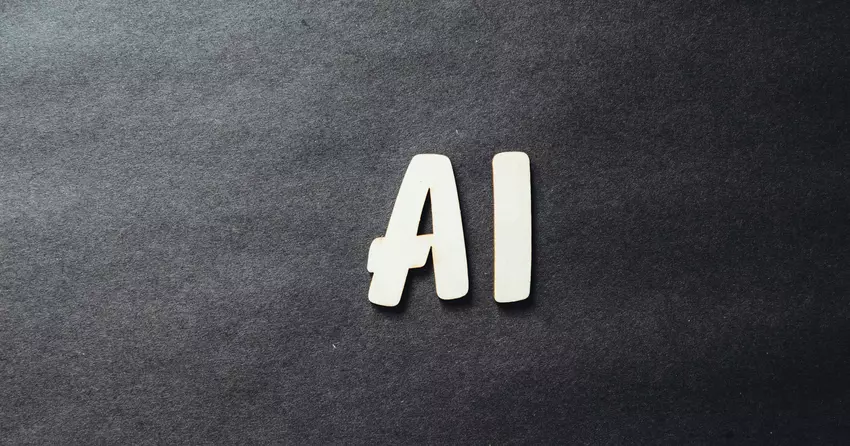
Google CEO: AI Development Will Slow Down in 2025
Speaking at The New York Times’ Dealbook summit, Alphabet and Google CEO Sundar Pichai announced the next generation of AI models and said he expects AI progress to slow down in 2025 because “the low-hanging fruit is gone” and “the hill is steeper.”
While he doesn’t “fully subscribe to the wall notion,” Pichai noted that the “small barriers” companies have yet to overcome will likely postpone game-changing AI progress through 2025. Companies will “need deeper breakthroughs,” he stressed.
OpenAI’s ChatGPT took the world by storm when it launched two years ago. The Microsoft-backed AI chatbot sparked a generative AI revolution, prompting big tech companies, including Google, to develop their own models. Now that most have released models with similar capabilities, it’s getting harder to create the next AI breakthrough.
Industry leaders are divided on whether AI performance has hit a plateau. OpenAI’s CEO, Sam Altman, remains optimistic. “There is no wall,” he posted on X, likely responding to criticism that the latest ChatGPT-4 version offered only slight improvements over previous models.
Other industry experts admit companies face serious challenges, particularly with sourcing new, high-quality data. Ilya Sutskever, the former chief scientist at OpenAI who voted to remove fellow co-founder and CEO Sam Altman from the board last year, told Reuters that advancing pretraining models had plateaued. “Everyone is looking for the next thing,” he said.
Some companies see hope in new approaches, such as examining how models reason. Pichai believes current AI models will progress in reasoning and completing sequences of actions “more reliably.”
Despite the widespread use of large language models like OpenAI’s ChatGPT, Google’s Gemini, and Meta’s Llama, their creators still struggle to profit from these products. Investments in AI, however, continue to grow and may surpass $1 trillion “in coming years,” according to a Goldman Sachs report.
After several years of rapid AI development, it seems no seismic changes will shake up the AI landscape in 2025. Still, big tech drama is likely to continue.
“I would love to do a side-by-side comparison of Microsoft’s own models and our models any day, any time,” Pichai said in response to Microsoft’s CEO Satya Nadella criticizing Google for not being the AI leader despite starting from a position of strength. “They’re using someone else’s models,” he added, referring to Microsoft’s reliance on OpenAI’s models.





